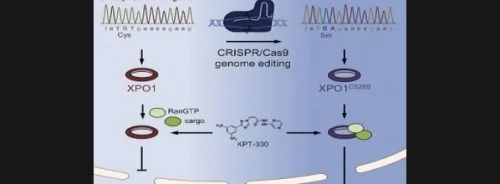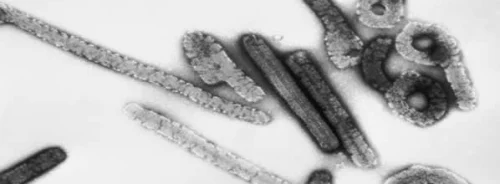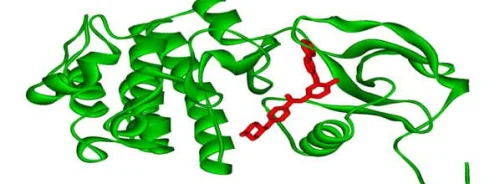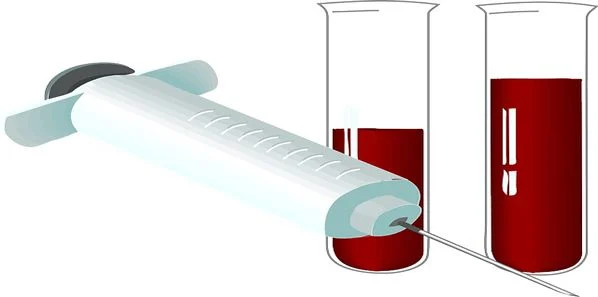More than 800 markers have been identified in the blood of cancer patients that could potentially lead to the development of a single blood test for early detection of many cancer types.
In a study conducted by the UK Early Cancer Detection Consortium (ECDC), which was presented at the National Cancer Research Institute Conference in Liverpool, researchers claim that this is the first time that cancer-specific blood markers have been reviewed and identified for further clinical development. Approximately 19,000 scientific papers were analysed for the purpose.
The premise behind the ECDC study is that cancer produces compounds that end up in the patient's bloodstream. Thus, it seems feasible that blood markers could potentially be used as the basis for a general screening test for different types of cancer. In addition, cancer cells start to shed blood markers long before other signs and symptoms of tumours begin to emerge. By diagnosing cancer early, the treatment can be initiated early and the overall survival rate of patients could improve.
The study was conducted to answer one primary question: “What biomarkers exist that could be used to develop a general cancer screening assay from blood sampling and what is their state of development?”
According to Professor Ian Cree of the University of Warwick and University Hospital in Coventry and the author of this study, "This is a new approach to early detection and the first time such a systematic review has been done. A single blood-based screening test would be a game-changer for early detection of cancer which could help make it a curable disease for many more patients."
Prof. Cree is confident that the team has been able to identify all relevant biomarkers. However, he points out that the next step would now be determining which ones work the best for spotting cancers. For this purpose, the biomarkers will now be reviewed and categorised and then will be further developed in clinical laboratory studies.
Sara Hiom, Director of Early Diagnosis at Cancer Research UK, is quite optimistic about this development. While it may still be early-stage, it shows significant promise and can help increase the understanding of cancers' markers and new technologies, which could then be combined to offer new opportunities to detect cancer sooner. “Our goal over the next 20 years is that three in four cancer patients will survive at least ten years after their diagnosis," she adds.
Source: Medical News Today
Image Credit: Pixabay.com










